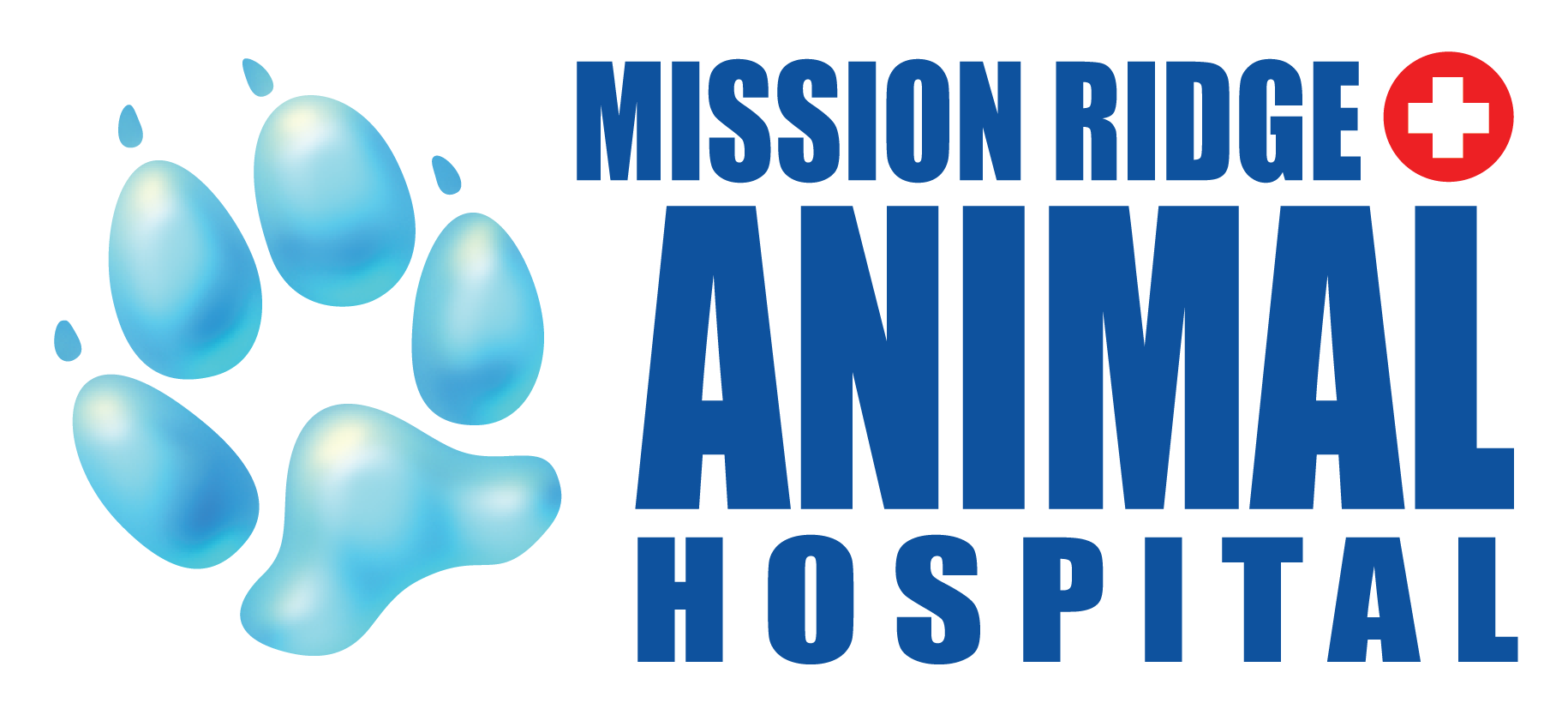It is estimated that 60% of pets in Canada are obese, or overweight. It seems fitting since obesity in humans is rising dramatically as well. Many of us are feeding our dogs too much food, and not giving them enough exercise to burn off all those calories. Carrying around all the extra weight causes serious health risks: arthritis, high blood pressure, breathing problems, and diabetes just to name a few. Dogs who are overweight are in a constant state of inflammation and have greater tendencies towards all kinds of illnesses. Studies have also been done, showing that an obese dog has a shorter lifespan of up to about 2 years.
When is a dog considered to be overweight?
Dogs are considered overweight when their body condition score is greater than 5/9. Dogs come in all shapes and sizes, so it is important not to just focus on numbers when it comes to weight. Body condition scores (BCS) allow us to assess each dog individually to determine if they are a good weight or not. A dog with an ideal BCS has ribs that are easily palpated, a visible waist behind the ribs, and an abdominal tuck when viewed from the side. A veterinary professional can help to assess your dog’s weight.
Are some breeds prone to obesity?
Every breed of dog can be overweight if fed too much and not exercised enough. Having said that, some dogs are more food motivated than others and will beg for more food than is given, resulting in their owner giving in to their wants.
Why should you have a weight loss & management consultation at our clinic?
Often, we don’t perceive how much weight our dog is gaining. It’s a gradual occurrence that creeps up and isn’t so obvious when we see our dog every day. Having a weight loss and management consultation provides you with the knowledge and tools you need get your pet to a healthy weight, and keep it there.



